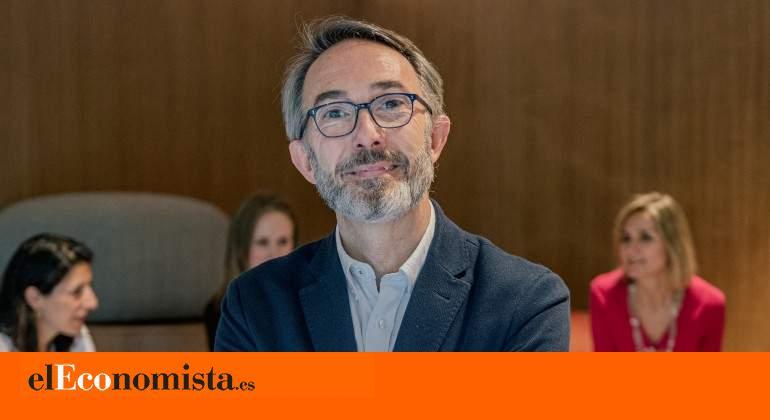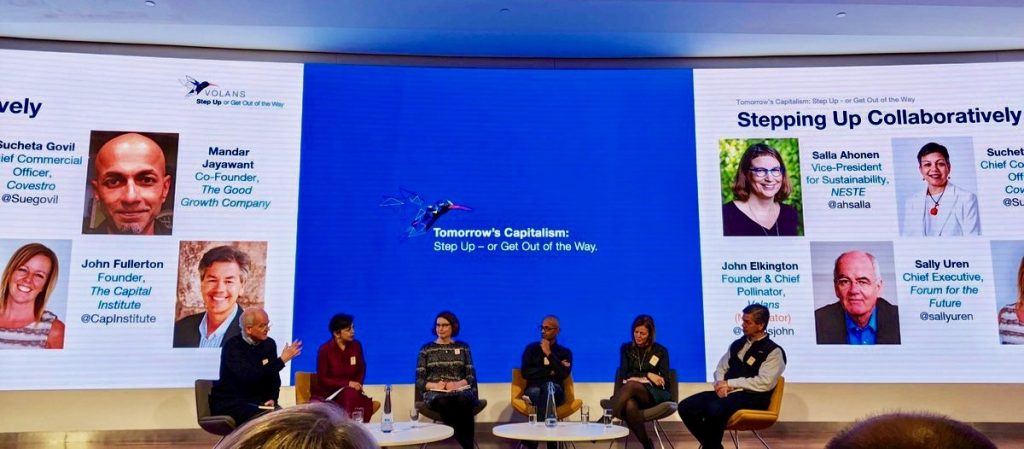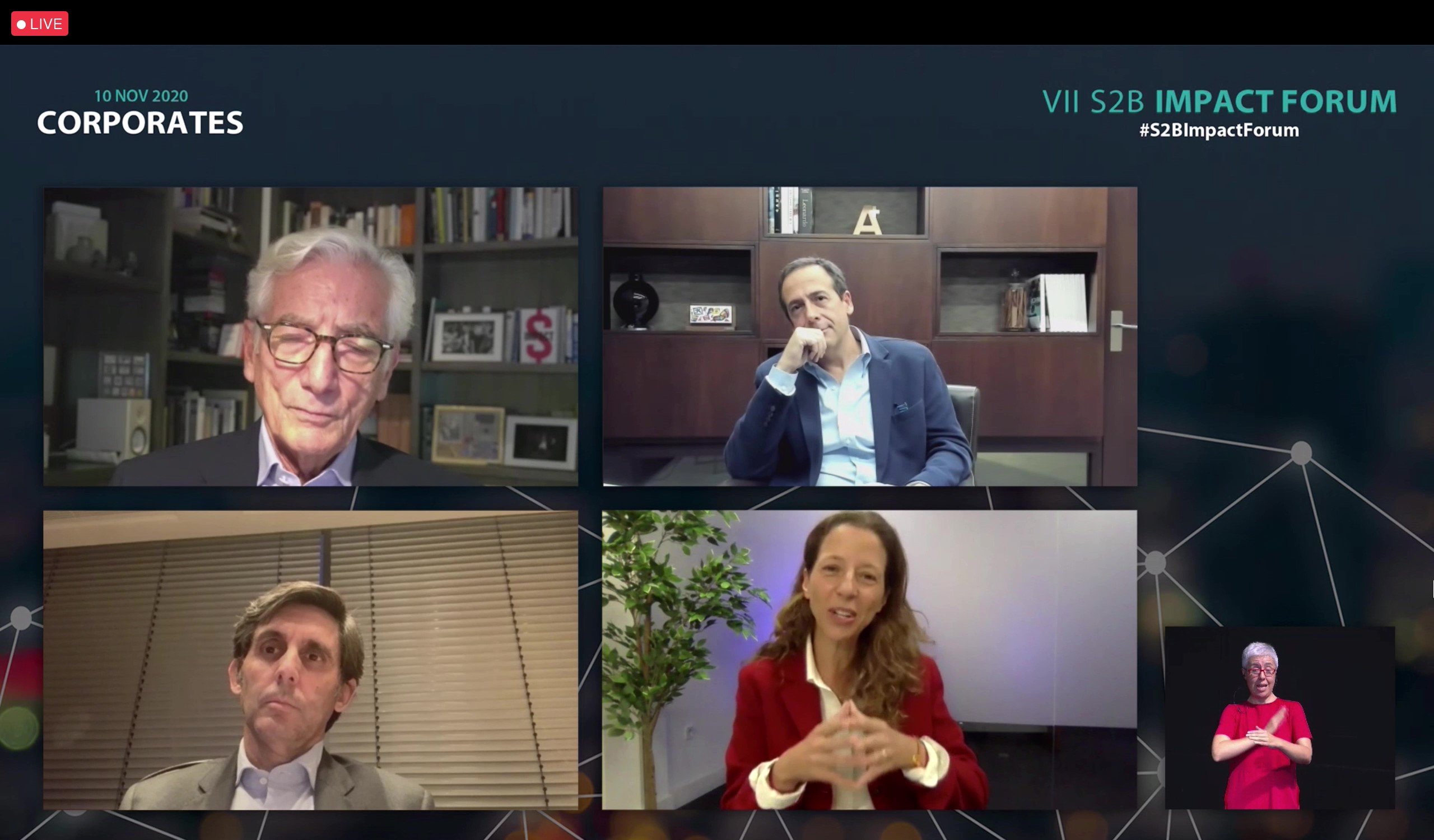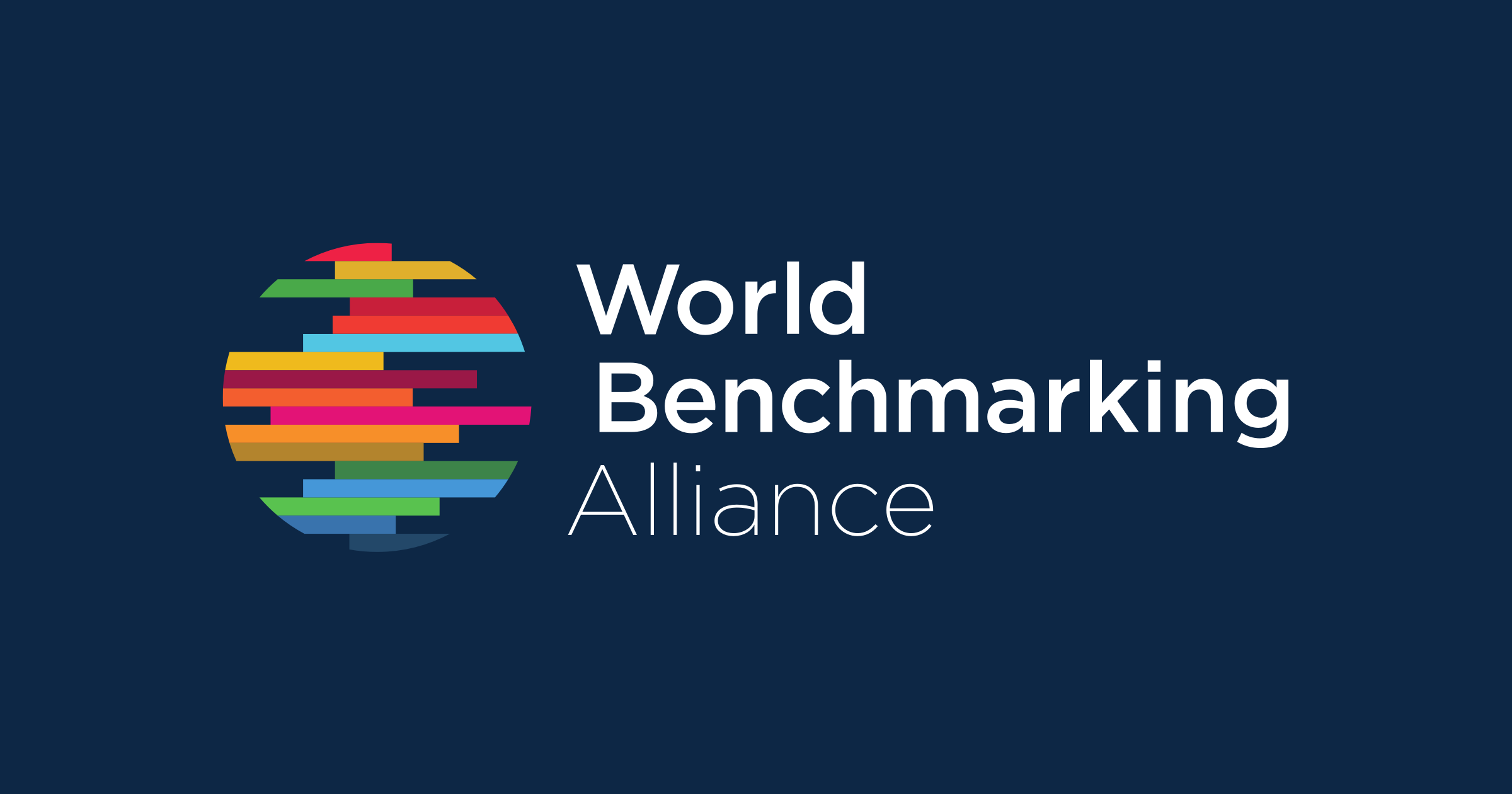His Majesty the King inaugurated the XXIV National Congress of Family Businesses organised by the Instituto de la Empresa Familiar (IEF) with the collaboration of the Asociación para el Desarrollo de la Empresa Familiar Navarra (Adefan) and the sponsorship of Banco Santander and KPMG, brings together in Pamplona around 500 family entrepreneurs from all over Spain, under the slogan "Working for a better society".
The opening ceremony of the Congress was also attended by the President of the Autonomous Community of Navarre, María Chivite, the Minister of Industry, Reyes Maroto, and the President of the Regional Government of Navarre, María Chivite. IEFMarc Puig, who in his speech highlighted the work carried out by family businesses during the pandemic, highlighted the commitment of these companies to spearheading the social and economic transformation that our country must undertake and showed pride in the work, perseverance and leadership that characterises the day-to-day work of Spanish family businesses.
Puig recalled that the slogan of the Congress, "We are working for a better society", sums up the nature of family businesses, which are characterised "by sharing a series of essential values: long-term vision, a desire for continuity through the generations, commitment to society and local roots".
The president of the IEF explained how family businesses work for a better society: leading the transformation effort required in the fight against climate change, working from the companies themselves for equality, non-discrimination and social cohesion, and creating quality employment. "We are well aware of the importance of employment for prosperity to reach everyone. We are going to make an effort to continue creating quality jobs and we ask that they allow us to do so, that they do not put us in worse conditions than those of our neighbouring countries with which we compete", he said.
The president of the IEF, Marc Puig, has advocated an alliance with the public authorities that will allow companies to grow and consolidate, while at the same time asking that no obstacles be placed in the way of this growth and that Spanish companies continue to enjoy the same conditions as those in other European countries. This is what he said in his closing speech at the 24th National Family Business Congress, which brought together nearly 500 family businesspeople from all over Spain for two days in Pamplona.
Social and environmental challenges
For Puig, the challenges facing the Spanish economy are the same as those facing family businesses: overcoming the pandemic and adapting to the demands of a new environment marked by digitalisation, respect for the environment and social commitment. To address these challenges, companies need, according to him, "greater productivity and to be able to compete on equal terms with companies in other countries". And on this point, growth is fundamental. It has been demonstrated, he said, that at a similar size compared to other European countries, "our companies are perfectly competitive. So let us make it easier for our companies to grow".
Sign up for the commitment to sustainability
As a preamble to the beginning of the Congress, the presidents of the Family Business Institute and the 18 associated Territorial Associations of Family Businesses signed an institutional declaration attesting to the commitment of Spanish family businesses to the best management practices that favour sustainability, which must be understood from three different and inseparable angles: business, social and environmental.
At the business level, the commitment assumed by family businesses through this institutional declaration consists of managing through long-term business and investment practices based on ethical criteria, which allow for sustainable growth and which take into consideration the interests of workers, customers, suppliers, shareholders, institutions, administrations and society as a whole.
The social commitment, for its part, includes the promotion of diversity, gender equality, social inclusion and the generation of stable and quality employment in line with the needs of the companies. Finally, family businesses are committed to managing themselves in an environmentally friendly way, adopting the necessary modifications in their processes to reduce CO2 emissions.
The impact revolution
The last day of the Congress featured the intervention of Paul Polmanformer CEO of Unilever and co-founder of Imagine, who explained to the audience that "we all have a responsibility for the footprint we leave on this world".
What kind of world do we want to live in? This is the question we face today.
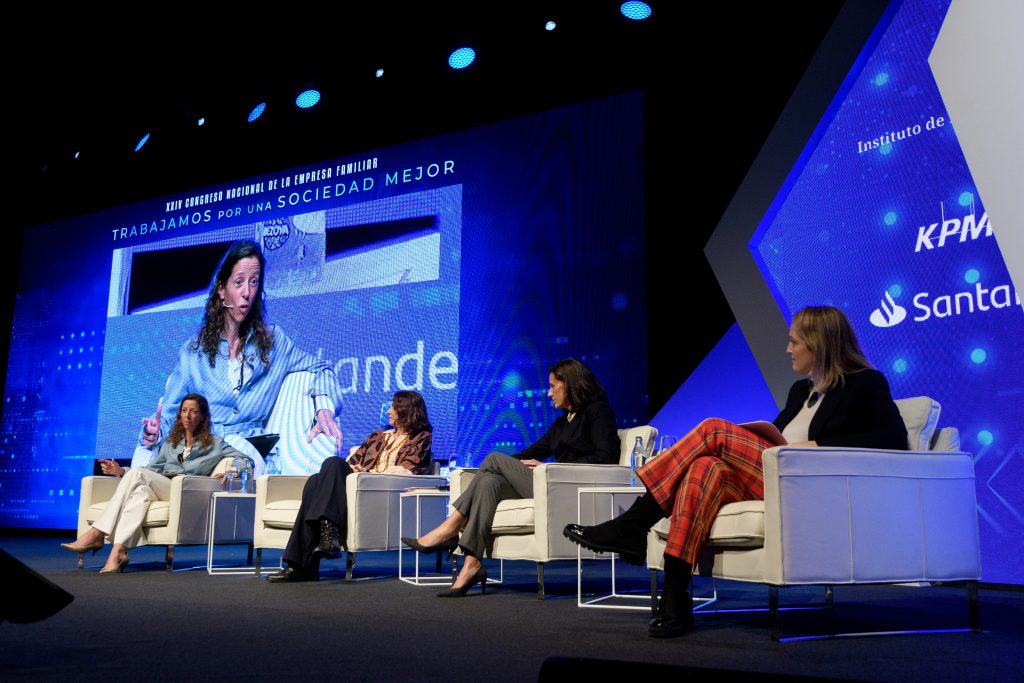
Capitalism has served us well over the last 200 years. Yet nations continue to be wracked by economic inequality, social conflict, natural disasters, the threat of climate change and the consequences of an unprecedented pandemic whose economic and health consequences are still unpredictable.
Governments cannot and do not have the financial resources to address the major social and environmental challenges we face and the negative impact of corporate production of goods and services. Nor can philanthropists and NGOs, helpful as they undoubtedly are, offer a viable and scalable solution. It is business and private capital, the drivers of innovation, change and transformation that have the capacity to direct their economic activity and capital flows towards social change that will generate greater economic prosperity and sustainable growth.
Thus, impact investment arises, which has a clear and measurable intention to generate a social and/or environmental impact as well as an economic return.
Under the risk-return-impact equation, impact investment seeks a triple return: economic, social and environmental. It is not philanthropy or non-refundable donations, but rather investments that seek a return on capital while contributing to the search for solutions to the great challenges facing humanity, such as hunger, illiteracy, health problems, lack of access to drinking water and electricity, gender inequality, unemployment, homelessness, migration and environmental destruction, among others. As Transcendent partner María Herrero explained, it is about making sense of our investments. Because "what is our money doing while we sleep", she asked the audience.
For Sir Ronald CohenThe President of the Global Steering Group for Impact InvestmentThis moment calls for a revolution. We must make impact the focus of our consciousness. Instead of relying on governments and philanthropy to bring about social improvement, we must introduce a third force to accelerate the pace of change: the private sector... this is the new impact economy, each and every one of us has a role to play in it".
Ainoha Grandes (president of the SHIP2B Foundation), Teresa Guardans (co-founder of Oryx Impact), María Herrero (partner of Transcendent) and Alejandra Mitjans (director of Ashoka Spain).
Linking people to their companies
During the course of the session Gerardo Iracheta, president of Sigma Twohas presented a survey analysing the social image of the family business. The study includes a series of conclusions worth highlighting. For example, there is a strong link between people and their companies: 83% of citizens say that their company is very important in their lives; and more than 65% consider that in their company they can develop their talent and grow as a person.
62% of respondents believe that the work of business is helping to alleviate the crisis caused by the pandemic and 90% say that business has a role to play in rebuilding the economy. In this regard, 82% specifically state that their company took appropriate measures to ensure the safety of their employees.
The vast majority of respondents stated that they had no problems during their confinement with supplies from private companies (such as energy, internet, food, etc.) or with the payment of their salaries. On the other hand, the majority - between 58% and 75% depending on the case - stated that they had had problems with various public services (health centre, ERTES, Sepes, various formalities). 63.7% had problems collecting benefits.
In the assessment of performance during the pandemic, the government gets a pass mark (5.16 out of 10, failing in several age and voting intention segments); large companies get a pass mark (6.30, passing in all age and voting segments), while SMEs get a B (7.39, passing in all segments).


